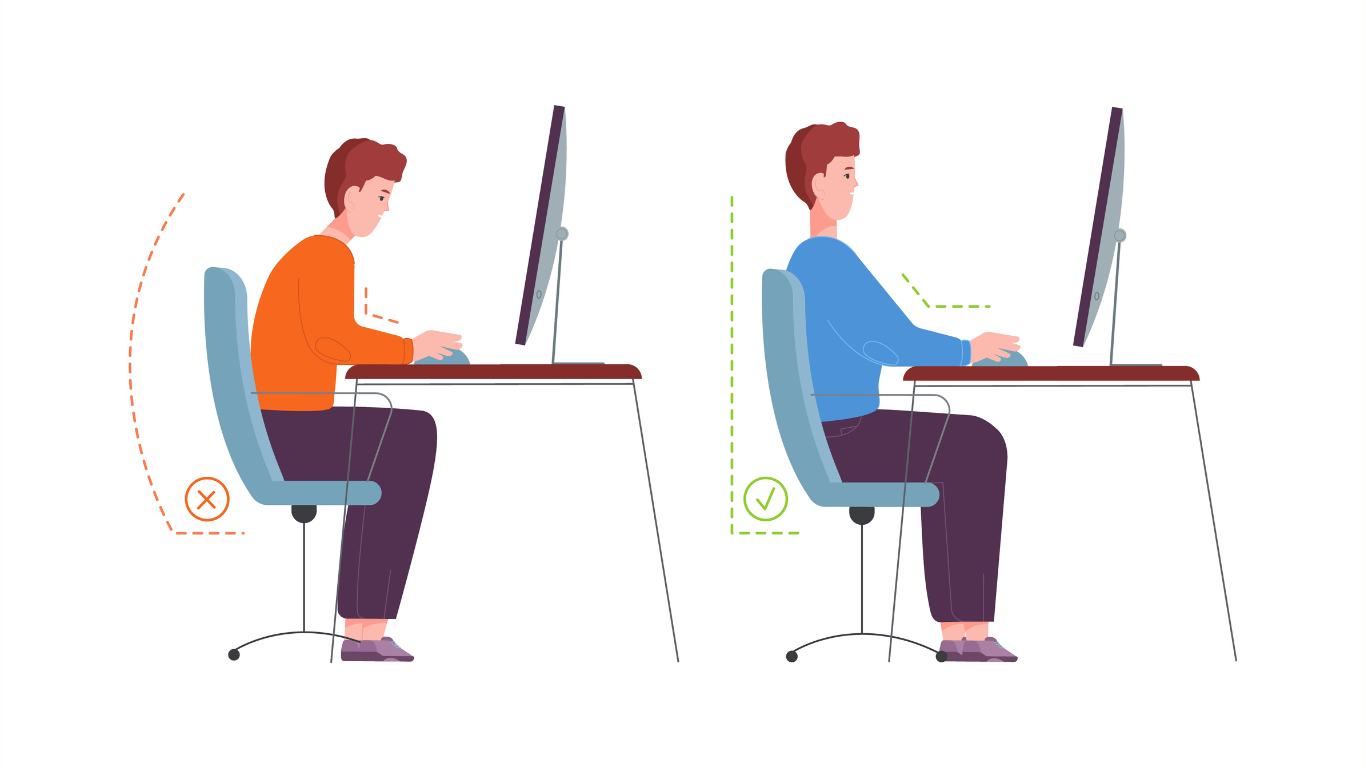Building steady mental health and balance grows from daily choices that support clarity, grounding, and emotional steadiness. Many people discover that this process feels less like a single task and more like an ongoing commitment shaped by moments of awareness and reflection.
Long-term balance thrives when small actions are repeated with care, and each habit works together with the next. With this approach, mental strength stops feeling like an abstract goal and becomes a lived experience. A grounded routine leaves space for rest, quiet reflection, and the freedom to respond to challenges from a calmer place.
Creating Space for Daily Self-Reflection
A steady foundation begins with quiet check-ins that reveal how the mind and emotions respond to different situations. A few minutes spent noticing thoughts or physical signals often help uncover patterns that might go unseen during busy moments. This practice builds a sense of personal rhythm that brings life into clearer focus.
Some prefer guided practices, while others benefit from simple breathing or journaling. Both paths allow small realizations to surface and shape healthier choices. These micro-moments of awareness weave stability into the day.
Understanding Emotional Responses Through Regular Support
Conversations with trained professionals give depth to emotional understanding and help create safer paths through overwhelming experiences. When people explore topics that feel heavy or complicated, guidance can reveal insights that bring relief and confidence. This type of support becomes important during periods of transition.
A calm environment makes it easier to sort through sensitive emotions, and discussions often open doors to perspectives that shift long-held beliefs. Many find that talking through personal histories becomes a powerful stepping stone toward clarity. Emotional steadiness grows gradually when the mind feels seen and understood.
Exploring Paths Toward Professional Guidance
Seeking professional help often becomes a turning point that brings clarity, direction, and renewed confidence. Many people begin this search by looking into different styles of support to see what feels most comfortable, whether through local specialists, online platforms, or community-based programs.
Taking time to read through practitioner backgrounds, therapy methods, and areas of focus helps create trust before the first appointment. This thoughtful approach reduces uncertainty and prepares the mind to engage fully in the healing process.
A supportive professional becomes a steady presence who helps navigate complexities with care and insight. As explained by experts from Denver trauma counseling, these conversations build a sense of partnership that strengthens emotional steadiness. With the right guidance, personal growth feels less overwhelming and more achievable.
Building Consistent Sleep and Rest Rhythms
Rest shapes emotional balance in subtle ways that become noticeable with consistency. A stable sleep pattern helps regulate mood, sharpen thought processes, and strengthen resilience during stressful moments. When the body receives dependable rest, the mind often follows with greater ease.
Adjustments such as calming nighttime routines or softer lighting can shift the atmosphere toward restfulness. Even minor habits help encourage smoother transitions into sleep and create a peaceful ending to the day. These practices make mornings feel lighter and more focused.

Strengthening the Body to Support the Mind
Movement plays a quiet yet powerful role in mental stability. Gentle exercises, stretching, or walking help release tension stored throughout the day, encouraging a sense of flow and openness. These moments of activity connect physical well-being with emotional balance.
Some find comfort in steady routines, while others prefer spontaneous movement throughout the week. Both approaches nurture grounding sensations that settle the nervous system. As the body grows stronger, the mind often discovers its own kind of steadiness.
Cultivating Meaningful Social Connections
Supportive relationships create a circle of trust that reinforces mental health. When conversations feel safe and honest, emotional burdens lighten, and shared experiences spark a sense of belonging. This connection often acts as a buffer during stressful periods.
Reaching out to friends or participating in small community groups adds warmth and structure to daily life. Consistent contact keeps people anchored to something larger than themselves. These bonds help shape a comforting network that steadies the mind.
Steady mental health and balance develop from intentional choices that nurture both calm and clarity. When awareness, support, rest, movement, connection, and personal boundaries work together, life begins to feel more centered. Each habit adds its own strength to the larger picture, helping the mind stand firm even in periods of uncertainty.
With patience and gentle consistency, these practices shape a lifestyle where resilience feels natural rather than forced. Balance becomes less about perfection and more about creating a rhythm that supports emotional well-being every day.
Article received via email






























